Gluten-Free Alcohol Checker
Select an alcohol type below to learn about its gluten status and safety tips.
Beer
Traditional vs Gluten-Free
Wine
Grapes & Fining Agents
Spirits
Distillation Process
Cider
Apple-Based & Additives
Mead
Honey-Based & Spices
Whiskey
Barley & Flavors
Gluten Status Information
Select an alcohol type above to see detailed information about its gluten-free status.
Safety Tips
- Always check labels for "gluten-free" certification
- Look for dedicated gluten-free production facilities
- Contact manufacturers if unsure about ingredients
- Be cautious with flavored versions of spirits and beers
Key Takeaways
- Distilled spirits (vodka, gin, rum, tequila, most whiskies) are naturally gluten‑free.
- Beer is usually gluten‑rich, but certified gluten‑free brews made from sorghum, rice, millet or corn are safe.
- Wine, cider and mead are generally gluten‑free unless flavored with barley‑based additives.
- Always check the label for "gluten‑free" certification or contact the producer for clarification.
- Cross‑contamination can happen in shared bottling lines; look for dedicated facilities if you have celiac disease.
What Makes a Drink Gluten‑Free?
Gluten is a protein found in wheat, barley, rye and triticale. When a beverage is brewed or fermented using any of those grains, gluten can stay in the final product. However, the process matters. Distillation is a method that separates alcohol from the mash by heating it, leaving most proteins, including gluten, behind. That’s why most spirits are safe even if they start from a grain‑based mash.
Fermented drinks that aren’t distilled - such as beer, wine and cider - keep more of the original ingredients, so you need to look at the base grains and any flavor additives. If a drink uses only gluten‑free grains (like sorghum or rice) or no grains at all, it will be gluten‑free.
Gluten in Common Alcohol Categories
Beer
Beer is a fermented beverage typically made from barley, wheat or rye. Those grains contain gluten, so traditional lagers, ales and stouts are off‑limits for anyone avoiding gluten. The good news is that an increasing number of breweries produce certified gluten‑free beers using sorghum, millet, rice or corn. Look for the official gluten‑free logo on the bottle - that means the product contains less than 20ppm of gluten, the threshold set by many health agencies.
If a beer is labeled “gluten‑removed” or “crafted to reduce gluten,” it has been treated with an enzyme that breaks down gluten proteins. The safety of those beers for celiac patients is still debated, so if you’re highly sensitive, stick to certified gluten‑free options.
Wine
Wine is a fermented drink made from grapes. Grapes contain no gluten, so plain red, white or rosé wine is naturally gluten‑free. Problems arise only when winemakers add flavorings, fining agents or barrel‑aging chips that contain barley‑based malt extracts. Most major wine producers use gluten‑free fining agents (like bentonite), but it never hurts to double‑check the label or ask the retailer.
Spirits
All spirits are distilled alcoholic beverages such as vodka, gin, rum, tequila and whiskey. Because distillation removes proteins, the base grain (whether barley, corn or potatoes) isn’t an issue for most people with gluten intolerance.
There are a few caveats:
- Whiskey: Traditional Scotch and bourbon start from barley or rye, but the distillation process makes the final spirit gluten‑free. However, flavored whiskeys can contain caramel or malt extracts that re‑introduce gluten. Choose unflavored or certified gluten‑free flavored varieties.
- Flavored vodkas and gins: Some brand‑specific flavor blends use barley‑based malt flavorings. If the label doesn’t say gluten‑free, call the manufacturer.
In practice, most straight‑up vodkas, gins, rums and tequilas are safe. Brands that market themselves as “gluten‑free” often use potatoes, grapes or sugarcane as the base, which further removes any doubt.
Cider & Mead
Cider is a fermented drink made from apples or pears. Apples contain no gluten, so standard hard cider is gluten‑free. Flavored ciders that add barley‑based malt extracts can become risky, so check the ingredient list.
Mead, made from honey, follows the same rule - pure honey‑based mead is gluten‑free, but spiced versions may include barley malt for body.
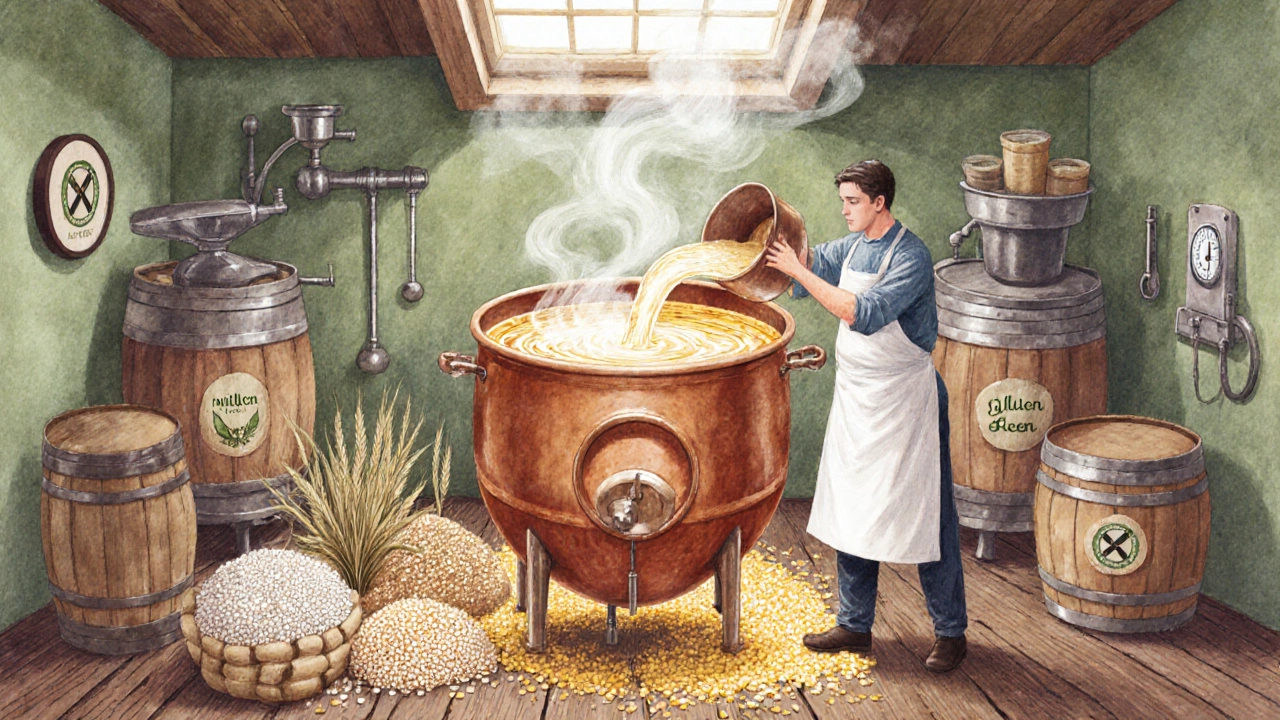
Quick Comparison Table
| Alcohol Type | Typical Base | Gluten‑Free? | Notes |
|---|---|---|---|
| Beer (regular) | Barley, wheat, rye | No | Only certified gluten‑free brews are safe. |
| Gluten‑Free Beer | Sorghum, rice, millet, corn | Yes | Look for gluten‑free logo. |
| Wine | Grapes | Yes | Check for barley‑based additives. |
| Spirits (vodka, gin, rum, tequila) | Potatoes, sugarcane, corn, grapes | Yes | Flavored versions may need verification. |
| Whiskey (unflavored) | Barley, rye, corn | Yes | Distillation removes gluten; flavored varieties can re‑introduce it. |
| Cider | Apples / pears | Yes | Flavored ciders may contain malt extracts. |
| Mead | Honey | Yes | Spices or malt additives can add gluten. |
How to Spot Gluten‑Free Labels
Most manufacturers now use a standardized gluten‑free symbol that looks like a wheat stalk crossed out. If you see that icon, the product contains less than 20ppm of gluten - safe for most celiac patients.
When the symbol isn’t there, read the ingredient list. Look for words like "barley malt," "wheat starch," "rye flour," or "gluten‑derived flavoring." Even words such as "brewing yeast" can hint at a grain‑based process, but they’re not a guarantee of gluten.
If you’re still unsure, a quick call to the brand’s consumer service line usually clears things up. Many large producers have dedicated gluten FAQs on their websites.
Cross‑Contamination Concerns
Even a gluten‑free label can’t protect you from cross‑contamination if the bottling line also handles regular beer or flavored spirits. Dedicated facilities are the gold standard for the most sensitive individuals.
Some brands explicitly state “produced in a dedicated gluten‑free facility” on the back of the bottle. If you have celiac disease, prioritize those products.
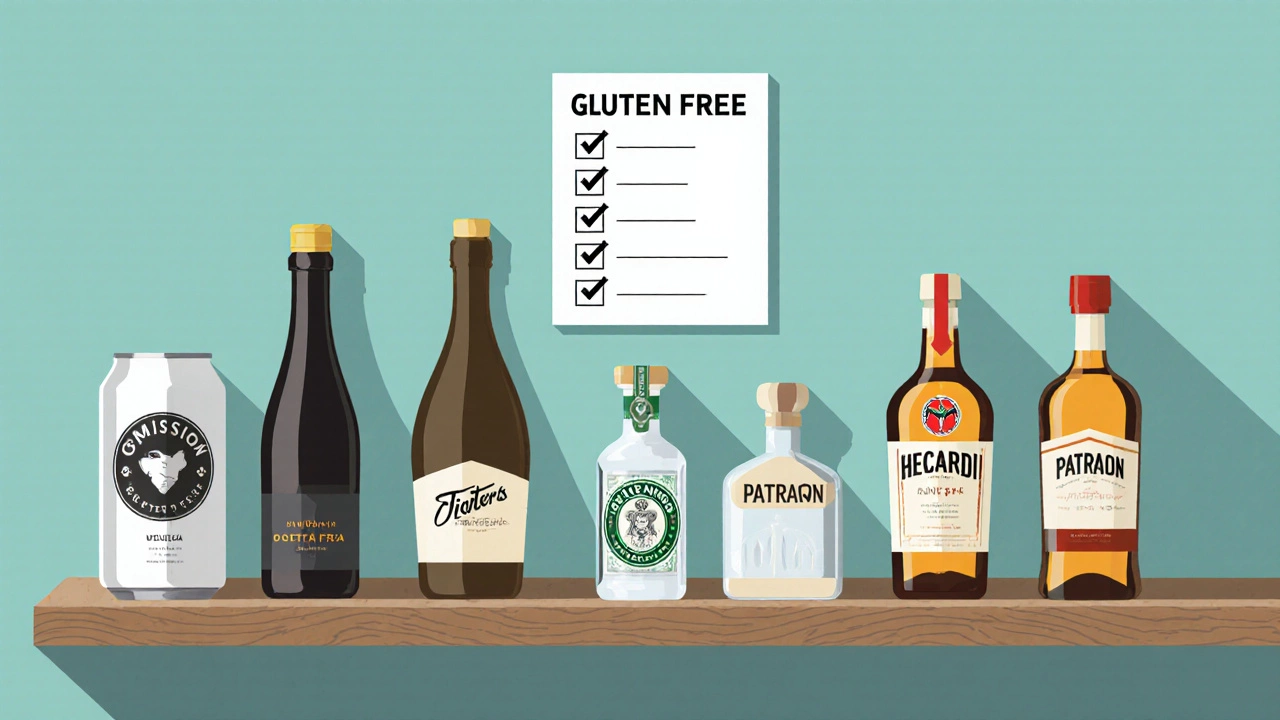
Safe Brand Picks (2025)
Below is a short list of brands that consistently earn gluten‑free certification across different drink types. This isn’t an exhaustive list, but it’s a solid starting point.
- Gluten‑Free Beer: Omission (sorghum), Ghostfish Brewing (brown rice), Stone Delicious IPA (sorghum‑based).
- Wine: Most wines from Bonterra, Kim Crawford, and Cloudy Bay have no added gluten.
- Vodka: Tito’s Handmade (corn), Grey Goose (wheat but distilled), Crystal Head (potato).
- Gin: Hendrick’s (distilled), Bombay Sapphire (distilled).
- Rum: Bacardi (sugarcane), Mount Gay (sugarcane).
- Tequila: Patrón, Don Julio (both 100% agave).
- Whiskey: Jameson (distilled), Jack Daniel’s (distilled, unflavored).
- Cider: Strongbow (pure apple), Angry Orchard (pure apple).
Quick Checklist Before You Order
- Is there a gluten‑free symbol on the label?
- Does the ingredient list mention barley, wheat, rye, or malt?
- Is the product distilled (spirits) or brewed (beer, cider)?
- Does the brand state “produced in a dedicated gluten‑free facility”?
- If still unsure, call customer service for a definitive answer.
Frequently Asked Questions
Can I drink regular whiskey if I have celiac disease?
Straight‑up whiskey is distilled, so the gluten protein is removed. Most people with celiac can enjoy it safely, but flavored whiskeys might contain malt‑based additives. Choose unflavored or certified gluten‑free versions if you’re extra cautious.
Are all wines gluten‑free?
Pure grape wine is gluten‑free. Problems only arise with wines that add barley‑based flavorings, fining agents, or sweeteners derived from malt. Look for a clean ingredient list or ask the winery if you’re unsure.
What does “gluten‑removed” mean on a beer label?
Gluten‑removed beers have been treated with enzymes that break down gluten proteins. The FDA allows them to be marketed as “gluten‑reduced,” but they may still contain trace gluten. People with celiac disease often avoid them; certified gluten‑free beers are the safer choice.
Is cider always safe for a gluten‑free diet?
Most hard ciders are made from apples and contain no gluten. However, some craft ciders use malt extracts for extra body or flavor. If the label doesn’t mention malt, it’s generally safe, but a quick check never hurts.
Do flavored vodkas contain gluten?
Plain vodka is gluten‑free after distillation. Flavored versions can include barley‑derived flavorings, so look for a gluten‑free claim or contact the brand. Many popular flavored vodkas are certified gluten‑free, but it varies.
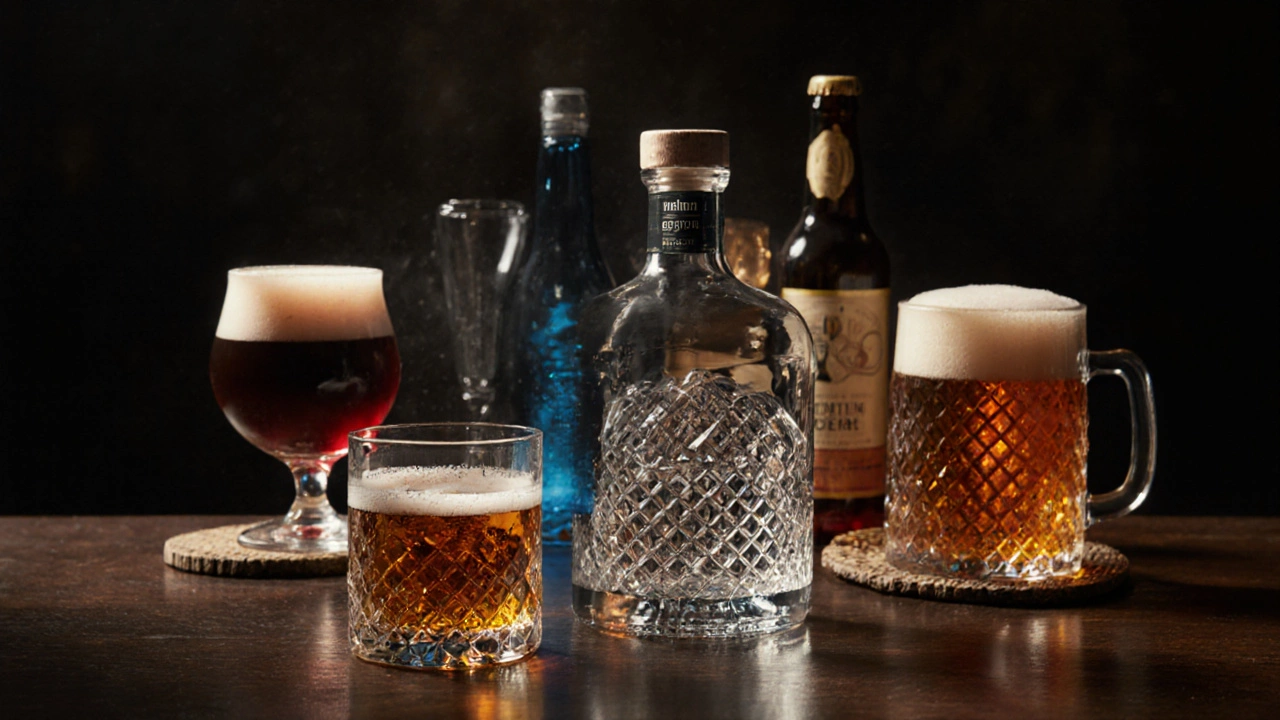

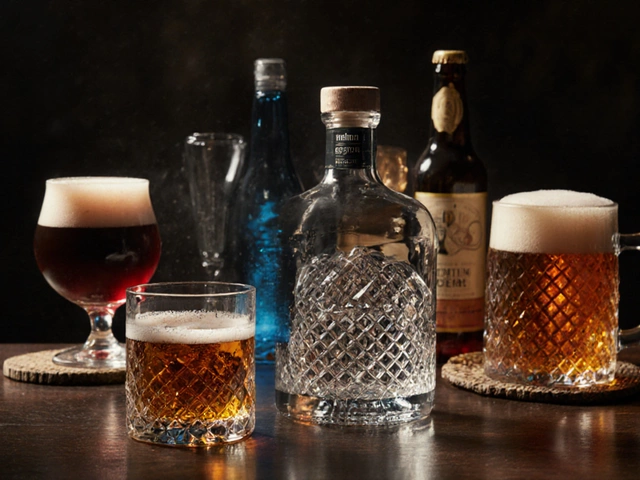
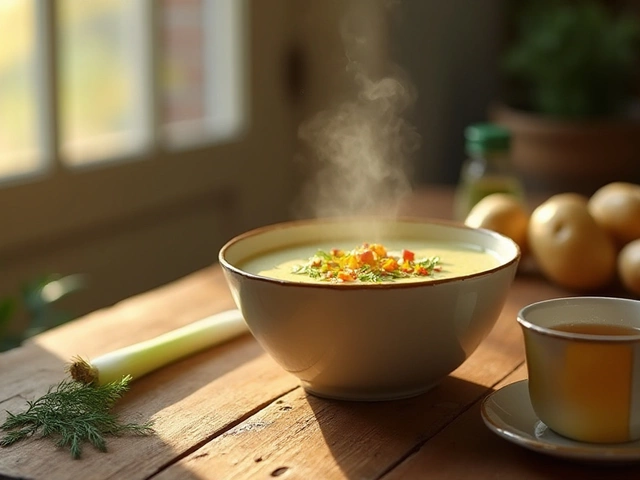
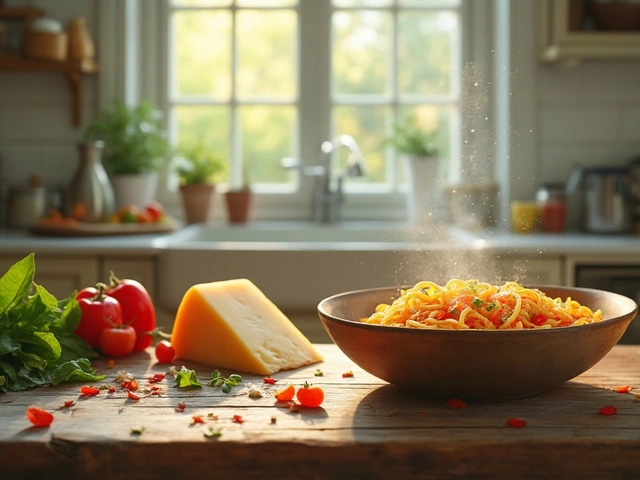



Write a comment